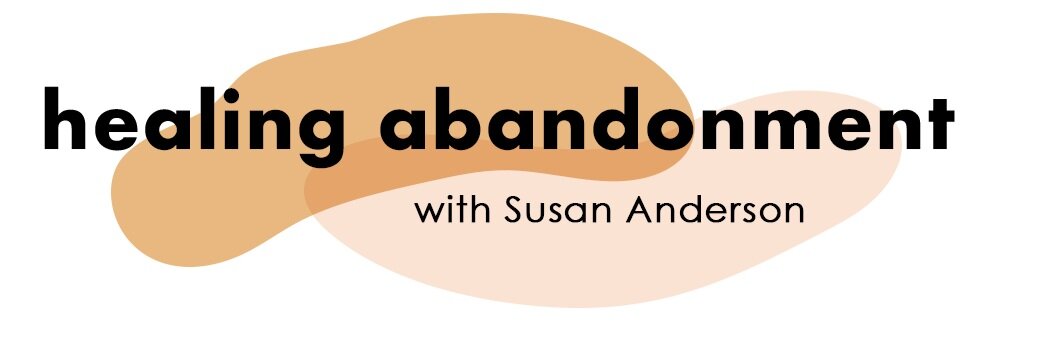Why Do We Stay In Bad Relationships?
Do you know someone who stays in a bad relationship? What hooks them? The standard answer is that they don’t feel good enough about themselves. They don’t feel they deserve better. They have a low sense of entitlement.
While self esteem is certainly a factor, many of these people started out feeling much better about themselves than they do now.
Being constantly criticized, rejected, neglected, or abused eventually pays its toll. The low self-worth you see is not always the CAUSE of their being unable to leave, but the RESULT of having been treated this way. Once they feel low about themselves, they lose the strength to get out.
But there is more to it. They have become traumatically bonded.
A traumatic bond is created when pain is inflicted into the attachment. This bond is stronger (just like epoxy glue is stronger than rubber cement) than a non-traumatic bond. The more traumatic the bond, the harder to get out.
There are examples of this everywhere in nature and science. Researches found that when training a duck to “imprint” them, when they accidentally “stepped on the duck’s toe,” the duck imprinted them more than before. Science has conducted myriad experiments that demonstrate the power of “pain” to strengthen the bond. It’s the principle fraternities use in hazing where they humiliate or hurt their pledges to instill greater loyalty in them.
But there is still another factor which really cements people to the abuser. They get hooked by the “intermittent reinforcement.” The abuser, every once in a while, will give them what they need, i.e. “a pat on the arm” or saying “love you” or “bringing home a paycheck.” It’s intermittent.
If you ever studied classical conditioning (Pavlov’s dog and all of that), you may remember that if you want to “train” a rat to respond a certain way, rather than giving a steady reward (i.e. sugar pellet), give it only intermittently. Intermittent reinforcement is more powerful than steady reinforcement.
This explains the paradox of relationships. If your partner mistreats you in all kinds of emotional or physical ways, you run the risk of getting deeply hooked in.
You’d think it would work the other way – that if your partner made you feel secure, safe, and comfortable, you’d have a hard time leaving. But the irony is that many people feel freer to leave someone who has made them feel secure. Ever hear “nice guys finish last?”
But if they are made to feel chronically insecure, heart-sick, anxious, or hurt, they can get caught up in the drama of the abuse and locked into the dynamics of the relationship– especially if every once in a while, their partner gives them a little crumb of love — intermittent reinforcement.
If you are in a traumatic bond, you not only suffer from your partner’s criticism, blame, betrayal, unreliability, or neglect, but you suffer from beating yourself up for allowing it to happen.
You feel guilty for not being able to leave. Your friends may get fed up with you for being so stuck. Even your therapist loses patience. You feel judged. You feel weak. You feel ashamed of yourself.
Someone responding to the unhealthy relationship described in my last blog wrote:
I was happy to receive this message because it confirms the bind so many people are in. The more infrequently the “crumbs of love” are offered, the more hooked you are. You become conditioned, like a rat in the cage.
PS: I have created a series of videos that take you step-by-step through the 5 Akēru exercises and other life-changing insights of the Abandonment Recovery Program.
Whether you’re experiencing a recent break-up, a lingering wound from childhood, or struggling to form a lasting relationship, the program will enlighten you, restore your sense of self, and increase your capacity for love and connection.
